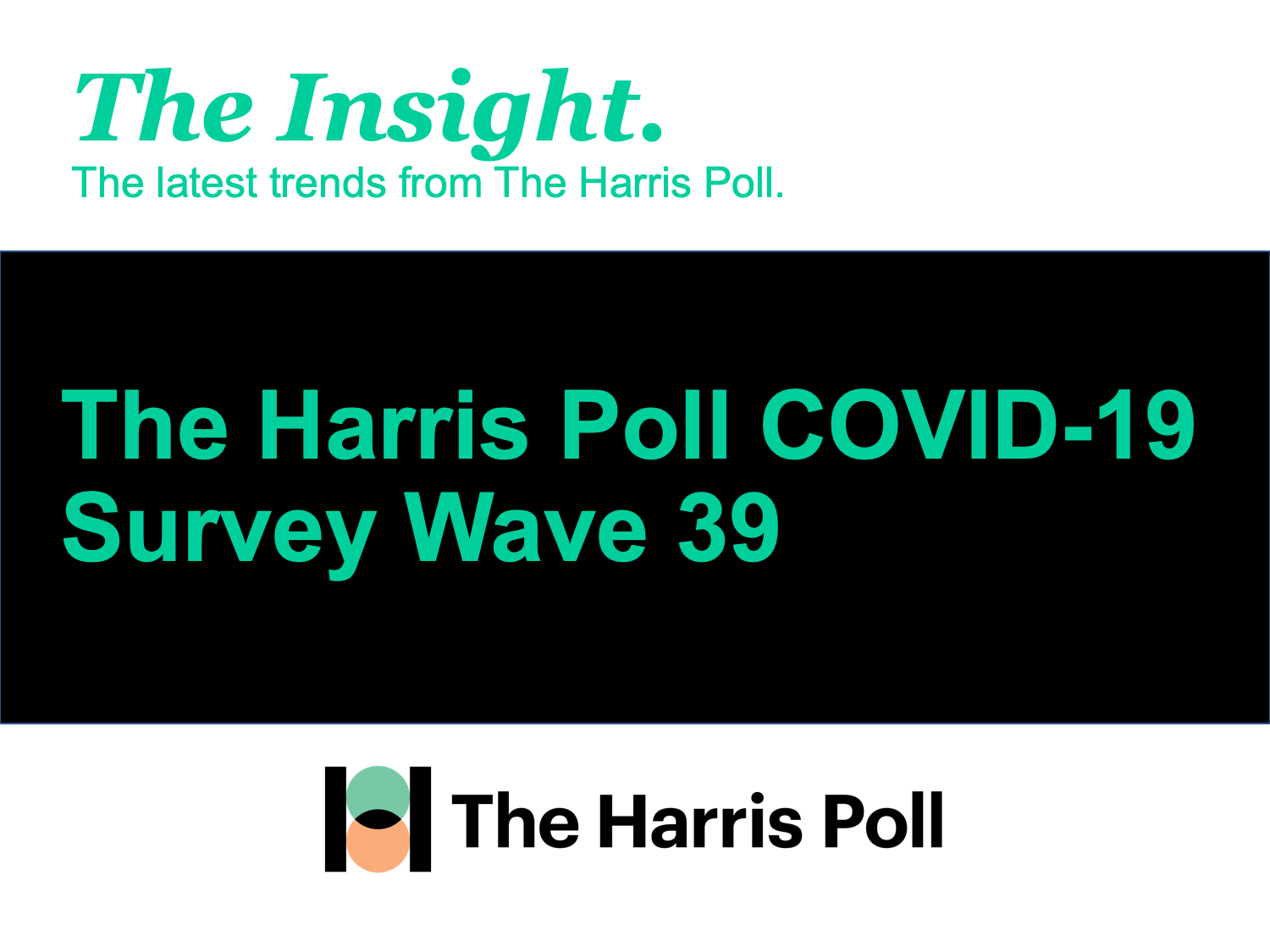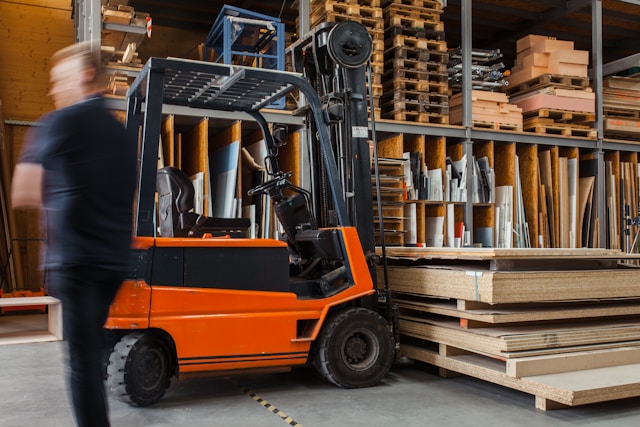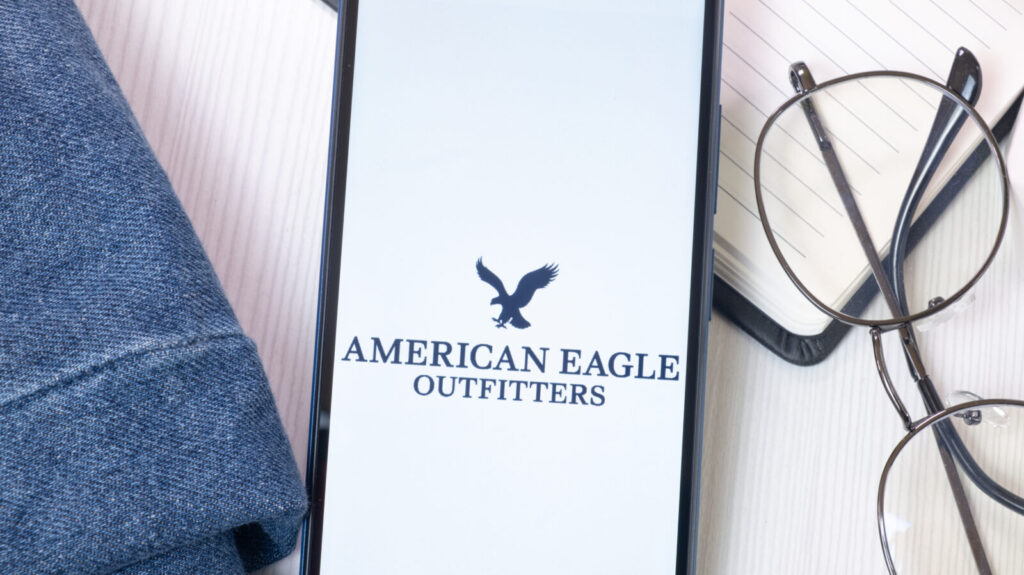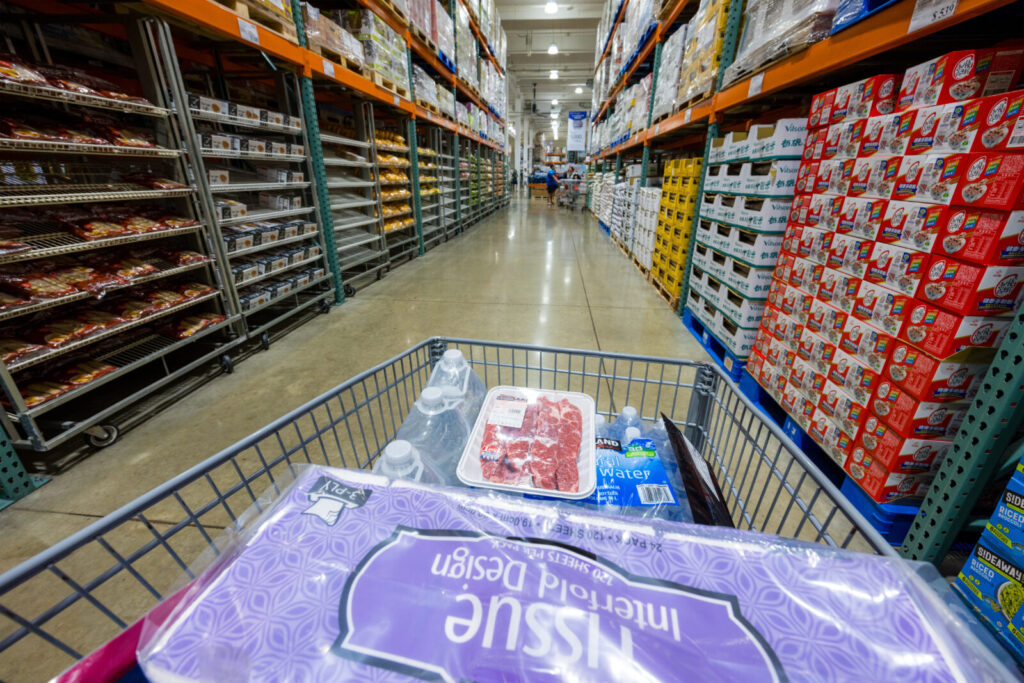Brief • 4 min Read

In The Harris Poll COVID-19 Tracker (Week 39) fielded November 19th – 21st, 2020, we explore how COVID is changing Thanksgiving this year with data pointing to why there are reports of a small-turkey shortage. We also looked at how money could motivate some people to get a vaccine with Bloomberg Businessweek, and spoke with Forbes about our latest finding on perceptions of vaccine validation for international flights. Lastly, we took the pulse on parents amid new school closures and took a national snapshot of how COVID is unfortunately becoming much more personal for many Americans.
As a public service, our team has curated key insights to help leaders navigate COVID-19. Full survey results, tables, and weekly summaries can be accessed for free at The Harris Poll COVID-19 Portal. We will continue to actively field on a regular cadence to track the shifts in sentiment and behaviors as the news and guidelines evolve.
Thanksgiving 2020
Like many other seasonal events in 2020, Thanksgiving will be a little unconventional. Nearly a quarter of Americans (23%) told us they will be having a non-traditional Thanksgiving dinner (up from 17% last year) and only just over half (56%) say they will be eating turkey this year. Here’s what else is changing and what’s staying the same:
- Last-minute change of plans: Nearly 4 in 10 (39%) say they have experienced last-minute changes to the number of people at their gathering, where their gathering will be held (21%), their travel plans (20%), and when their gathering will be held (19%).
- Virtual turkey? It’s 2020, so maybe: Nearly 3 in 5 Americans (57%) say they would be willing to have a virtual Thanksgiving with those who live outside of their own home this Thanksgiving.
- Americans are twice as likely to be cooking alone this Thanksgiving: Only (10%) said they cooked dinner at home alone last year, while twice that amount say they will be taking on Thanksgiving dinner solo (20%) this year. In addition, the amount of Americans who went to a family/friend’s house for Thanksgiving dinner last year decreased 11 percentages from (29%) to (18%) this year. This might explain why there are reports of a small-turkey shortage…
- Smaller budgets: We have seen the dire economic impacts of COVID on American households (28% have lost income partially as of this weekend), which might explain why around a third (34%) say they will spend less on Thanksgiving dinner this year compared to years past.
Takeaway: While Thanksgiving might look similar at some households this year, (34%) say they will be cooking dinner at home with friends and family, it certainly doesn’t feel the same amid a global pandemic. But all the while, (67%) of Americans say are thankful for the sacrifices that the American people have made for coronavirus.
Harris Poll/Businessweek: Money Could Motivate Some People to Get a COVID-19 Vaccine
Economists have recently suggested a way to combine herd immunity and economic stimulus: paying people to get a COVID-19 vaccine. This week, published in Bloomberg Businessweek, we released the first survey to find out whether payments would work and the results are … murky.
- (Don’t) Show Me the Money: Most Americans, though, say that money isn’t a motivator: 4 in 10 (39%) say they would get a COVID-19 vaccine even if the government didn’t pay anything, while (23%) say they would not get a vaccine even if they were offered a payment.
- How much? One-quarter (24%) mentioned sums of $100 or less, while less than 1 in 5 (16%) mentioned higher amounts.
- More than half of Americans (53%) say everyone should have to get a COVID-19 vaccine while nearly half (47%) say, certain people, such as Jehovah’s Witnesses, Christian Scientists, or those who oppose vaccinations, should be exempt from getting a COVID-19 vaccine.
- Americans are experiencing a mix of emotions in response to the vaccine news: about one-third say they feel relieved (35%) or excited (28%) while (29%) say they are anxious and (23%) scared.
Takeaway: It’s hard to draw a straight line from the poll to policy. How people answer a hypothetical question is only loosely connected to how they would behave in a real-life situation—cash in the palm for a needle in the arm. Money might be more effective than the poll indicated, or less.
Harris Poll/Forbes: You Will Likely Need To Get A COVID Shot To Fly In 2021
This week, Australia’s largest airline said proof of getting a COVID-19 vaccine will be necessary for boarding international flights in the future. In an article featured yesterday in Forbes, we checked in with how Americans feel about this requirement and
- The majority of Americans strongly support a “no proof of immunity, no ticket” policy after Covid-19 vaccinations are widely available to the public: two-thirds (66%) say that, once vaccinations are rolled out, airline passengers should be required to show proof of vaccination in order to fly.
- More than three-fifths (62%) of respondents say it should be a federal mandate, while the same percentage (62%) say they would support individual airlines making the requirement.
- Last week, Delta Air Lines announced they would keep the middle seat open until at least March 2021. And Americans support the move: until there is widespread distribution of a vaccine, an overwhelming (82%) of Americans believe airlines should keep the middle seat open.
- Still, with multiple vaccines on the way, it’s become increasingly clear that American many would-be travelers are simply playing the waiting game: just over two-thirds of respondents (68%) say a COVID-19 vaccine will determine when they travel again.
Takeaway: “We’re all hoping that a Covid-19 vaccine will be a game-changer for society, but our data certainly shows it may be just that for the air travel industry,” says John Gerzema, CEO of The Harris Poll. “What the traveling public seeks is certainty and nearly seven in 10 say a vaccine will have a major impact on when they travel again.”
Parents Brace for More School Closures
Last week, New York City closed public schools as school districts across the country weigh their own decision to follow suit or remain open. We checked in with parents on how they feel about schools as we move into the winter months:
- Two-thirds (66%) of parents have seen, read or heard about the recent announcement of NYC schools closing again due to a spike in COVID-19 cases.
- A large majority of parents (80%) believe it is likely that the school in their area will close again as well given the announcement of NYC schools closing again.
- More than three-quarters of parents (78%) are concerned for a second wave of COVID-19 in their area and three-fifths (60%) of parents are concerned about being exposed or exposing others to COVID-19 when their kids go to school.
- Last week, The Wall Street Journal wrote that teachers should be among the first to receive a COVID-19 vaccine in order to safely reopen schools more quickly. And Americans agree: half (49%, up from 44% earlier in the year) says teachers should be prioritized in receiving a vaccine as soon as it is available.
Takeaway: We may never know the full social cost of disrupting the education of a generation of students, from low-income students being at a disadvantage to remote learning to college seniors missing out on internships.
The Second Peak Will Be More Personal for Many
It is starting to feel like March all over again as COVID-19 cases and hospitalizations surge across the country and local governments implement more restrictive measures. While the spring wave was somewhat limited to certain areas, nearly every city and town across the country is experiencing the impact of this wave. Does this time feel different for Americans?
- COVID is now personal for most: three in 5 Americans (60%) say they know someone in their life who had/has COVID-19. Nearly a quarter (23%) think they may have had COVID-19 at some point but did not get an official test.
- A sobering stat: Nearly 4 in 10 (37%) say they know someone who has died from the virus.
- Of those who know someone who had/has COVID-19, around 3 in 5 (61%) say they are more concerned about COVID-19 given that someone in their life has/had it. Yet nearly a quarter (24%) say they are no more or less concerned.
- Of those who know someone who had/has COVID-19, three-fifths (60%) say they are more strictly following COVID-19 safety precautions.
- Read More: The New York Times takes a deep dive into how COVID has evolved into a crisis that virtually everyone has experienced up close and how that will affect behavior but in many different ways.
Takeaway: What was once thought of as someone else’s disease is now creeping into neighborhoods and social networks left and right; one bit of hope is the fact that the closer it gets, the more real it feels, increasing the likelihood of people taking it seriously and doing their part to keep themselves and others safe.
Subscribe for more Insights
Subscribe to our newsletter for the latest trends in business, politics, culture, and more.
Download the Data
This survey was conducted online within the U.S. by The Harris Poll from November 19 to 21, 2020 among a nationally representative sample of 2,042 US. adults.
Download
Subscribe for more Insights
Subscribe to our newsletter for the latest trends in business, politics, culture, and more.
Download the Data
This survey was conducted online within the U.S. by The Harris Poll from November 19 to 21, 2020 among a nationally representative sample of 2,042 US. adults.
DownloadRelated Content








